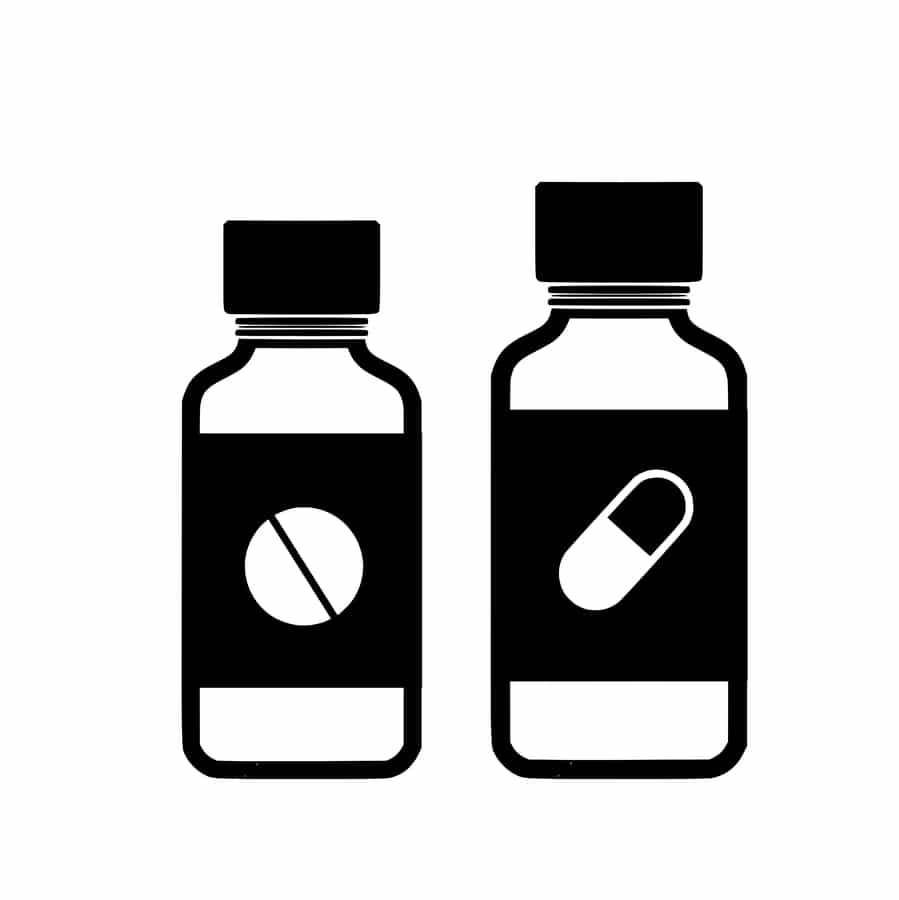Pregnancy is a developmental stage where the body is generally more sensitive to changes caused by any medicine, stress, or environmental factors. The use of antibiotics and opioids by pregnant women has always been controversial and there were multiple theories on how they may harm the baby in the womb. However, two new studies find absolutely no link between prescription-based opioids as well as antibiotics particularly macrolides, and birth defects in newborns.
Both these studies are published in the journal The BMJ.
It is common to see pregnant women using certain opioids, suggested by their doctor, and macrolides, which are a type of antibiotics. The previous studies on these two reported potential links leading to major birth defects in the newborn but the results of these interactions were found inconsistent.
Also read- Peanut Allergy is More Common in American Adults Than Children
The first study investigated American women who were using at least two prescription-based opioids during the early phase of pregnancy during the years 2000 to 2015.
Identifying other risks that may show up in newborns, the research team was unable to see any possible increase in birth-related complications or birth defects in these babies including heart malformation, neural tube defects, and being born with a club foot. Yet, this study identified some chance of cleft palate which may show up for which the patients should be warned prior to giving antibiotics or opioids. The cleft palate was found to be increased by 4-5 cases/ 10,000 births which is not a significant risk but still carries some value as this study primarily focused on the use of all possible birth defects.
Overall, these results show that the use of any prescription-based opioid during the first trimester of a pregnancy doesn’t increase the chances of major birth defects and malformations.
The second study was conducted by researchers from Denmark who overlooked the data from 1.2 healthy pregnancies between the period 1997 to 2016 and found that the use of macrolides in the first trimester has no major increase in birth defects.
Babies who were born with some birth defects were calculated as 35/1000 births which were exposed to the use of macrolides in comparison with 37/1000 births who experienced penicillin and 33/1000 with unexposed/unidentified reasons.
These results were no different even after analyzing the individual score for the exposure of macrolides as well as major birth defects with respect to the body organs.
Also read- Awareness On Common Medication Errors Can Make Them Avoidable
One thing to mention here is that both these studies are merely observational and didn’t find the ‘cause’ behind these non-binding relationships. Additionally, they only focused on women who were prescribed these medicines and not those who were taking them on their own. Lastly, there is always this chance that the research team has missed some cases.
Despite all these disparities, these results from a large pool of registered data and based on reliable information as per medical insurance is still enough to establish a point. Although there are many other risk factors that may or may not have changed the results without further studies, it is hard to confirm.
According to these two studies, the use of prescribed opioids and macrolide antibiotics is safe for the mother and the baby, if followed as per instructions. However, it may vary in every case; health experts suggest sticking with the doctor’s advice throughout pregnancy.


